Barbara Higham takes a glimpse at the symptoms and the treatment and asks others to talk about the menopause.
When I was 46, my periods started to become a little irregular. Sometimes I’d skip one or it would last only a day or two and then, over the next few years, my periods became increasingly erratic. By the time I was 50, they came much less frequently but could last for weeks and be heavy. Feeling depleted after bleeding every day for three weeks, I went to the doctor. I listed my symptoms, which along with excessive blood loss, included feelings of anxiety that seemed somewhat out of proportion. My doctor’s response?
“Tell me about it!” is what she said.
Apparently, then, this was par for the course, to be expected at my time of life, and most likely an indication that the worst was now past. I felt as though possibly I was making a fuss about not very much. After all, I wasn’t exactly unwell. Everyone in my circle of wise women friends recommended doing more research.
Our female hormones and how they control our thoughts and feelings (as well as our physical health) are still sketchily understood. How best to deal with the troubles that come with failing fertility remains something over which the medical community do not always concur. Confusion surrounds so much of what it means to be female: menstruation, sexuality, pregnancy, birth, and breastfeeding are often steeped in mystery and surrounded by myth.
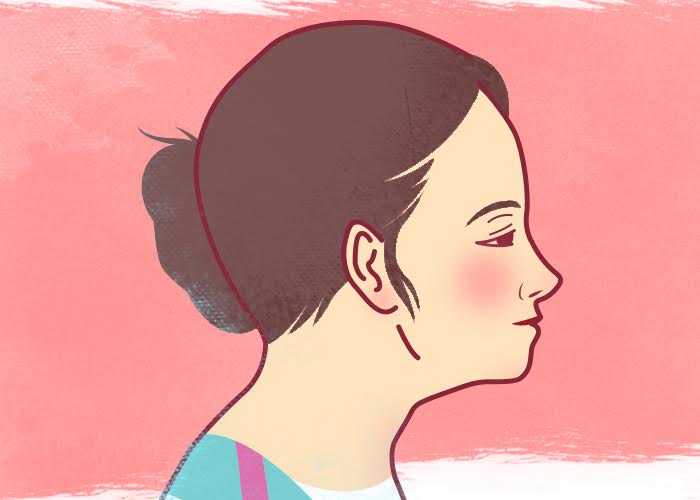
I turned 53 earlier this month and my last period happened 7 months ago, which makes me ‘perimenopausal’. You only arrive at menopause after you have had 12 complete months without menstruating. The perimenopause can last between a matter of months and a decade and there doesn’t appear to be any consensus about the age at which it is more likely to occur.
Oxford academic June Girvin wrote,
“I’m a bright, highly successful woman, a senior leader in my field … A difficult menopause tested my confidence, my work, my emotional and personal life — but I’m out the other side and feeling good … I know that not everyone has a really bad time, but from speaking with friends and colleagues (those who were prepared to talk in any detail — some were in a state of definite denial about it all, some embarrassed to talk detail) there is some real suffering out there, and mostly in silence … I scoured bookshop shelves for information that was sensible, informed (perhaps even evidence-based) and accessible. There were books on ‘women’s health’ that included it as a section — usually a short and not very detailed section. One had a bibliography, there were rarely any references. In magazines and on web forums there were people enthusing about wild yams, black cohosh and red clover. In health food shops I felt like I was a marketing person’s dream — slightly desperate, willing to try anything and unable to discriminate.”
While it’s hard to find much in the way of research studies confirming best practice in treatment options, there is no shortage of symptoms that women may experience during this potentially difficult time of transition. These are worth repeating here, if only for reassurance that you are not alone in suffering any of them. Medical writer Magnolia Miller’s list is one of the more comprehensive.
Symptoms of perimenopause
- Hot flashes, flushes, night sweats and/or cold flashes, clammy feeling.
- Irregular heart beat.
- Irritability.
- Mood swings, sudden tears.
- Trouble sleeping through the night (with or without night sweats).
- Irregular periods; shorter, lighter periods; heavier periods, flooding; phantom periods, shorter cycles, longer cycles.
- Loss of libido.
- Dry vagina.
- Crashing fatigue
- Anxiety, feeling ill at ease.
- Feelings of dread, apprehension, doom.
- Difficulty concentrating, disorientation, mental confusion.
- Disturbing memory lapses.
- Incontinence, especially upon sneezing, laughing; urge incontinence.
- Itchy, crawly skin.
- Aching, sore joints, muscles and tendons.
- Increased tension in muscles.
- Breast tenderness.
- Headache change: increase or decrease.
- Gastrointestinal distress, indigestion, flatulence, gas pain, nausea.
- Sudden bouts of bloat.
- Depression.
- Exacerbation of existing conditions.
- Increase in allergies.
- Weight gain.
- Hair loss or thinning, head, pubic, or whole body; increase in facial hair.
- Dizziness, vertigo, light-headedness, episodes of loss of balance.
- Changes in body odor.
- Electric shock sensation under the skin and in the head.
- Tingling in the extremities.
- Gum problems, increased bleeding.
- Burning tongue, burning roof of mouth, bad taste in mouth, change in breath odor (despite sticking with your regular brushing routine).
- Osteoporosis (after several years).
- Changes in fingernails: softer, crack or break easier.
- Tinnitus: ringing in ears, bells, ‘whooshing,’ buzzing etc.
Treatment
When you start to do some research on available treatments, you find a good deal of controversy, especially on the subject of hormone replacement therapy (HRT). As you approach the menopause, your body makes less of two hormones, estrogen and progesterone. HRT is a type of medicine that contains the hormone estrogen. The aim of taking it is to replace some of the estrogen you no longer produce yourself and this can help with a number of the symptoms. Many women take a combination of estrogen and progestin. Progestin is designed to mimic the effects of the hormone progesterone, which your body also makes less of as it ages.

As with many medications, there are risks. HRT may increase your chances of some serious problems, including stroke, deep vein thrombosis, and breast cancer. Although the likelihood of any of these to the individual remains a matter of debate and has done over the past couple of decades. A recent study by Langer (2017) calls for a reappraisal of the evidence on the risks versus the benefits.
For women with a preexisting condition, it’s even trickier when looking for help with menopause symptoms. Senior nurse and diabetic Anne Cooper had lived with diabetes for 35 years when she arrived at menopause unprepared for the new challenges in managing her condition day to day. Her blood glucose levels went up and down like a yoyo and general confusion reigned as she began to mix up even what day it was.
Women with diabetes need reliable information to inform their decisions, yet information is conflicting. The Cochrane review (a high quality systematic review that brings together existing primary research to try to establish whether there is conclusive evidence about an intervention) found only one trial comparing 56 women with type 1 diabetes taking HRT or placebo (sugar pill). It was too small to be able to show differences between them. The reviewers stress the need for more and better trials to explore the effects of HRT on blood glucose levels and on cardiovascular outcomes (such as heart attacks and stroke) in women with type 1 diabetes.
Exercise
 I’m a great believer in the benefits of moderate aerobic exercise, a brisk stroll in the open air every day is my favorite medicine. This belief seems to be supported by research, which has found exercise to be helpful for both body and mind as we grow older.
I’m a great believer in the benefits of moderate aerobic exercise, a brisk stroll in the open air every day is my favorite medicine. This belief seems to be supported by research, which has found exercise to be helpful for both body and mind as we grow older.
Kendall & Fairman, 2014 found that low impact exercise helped with symptoms associated with physiological decline and significantly improved cardiorespiratory endurance, strength, balance, flexibility, agility, and body fat in aging women.
Among a cohort of community-dwelling women, Nelson, Sammel, Freeman, Lin, Gracia, & Schmitz, 2008 found that high levels of physical activity were related to lower levels of stress during an 8-year follow-up period. In addition, levels of anxiety, stress, and depression were lowest among physically active postmenopausal women compared with inactive women in the same menopausal grouping. Researcher Deborah Nelson said:
“In the urban setting, these women walked outside on city blocks or in shopping malls. Groups could organize to take walks after dinner. It didn’t require going to the gym. You don’t have to run 20 miles a week to reap the benefits of exercise. If you stick to a moderate-paced walking schedule, it can keep your body mass index down and lower the risk of stress, anxiety and depression.”
How has menopause affected you, if you are a woman “of a certain age,” and what resources have you found helpful?
Let’s widen the conversation and talk about the menopause because too many of us keep quiet when it comes to discussing this transitional stage in our lives.
See too:
Osteoporosis Prevention: What You Can Do Right Now
References
Kendall, K.L., Fairman, C.M. (2014). Women and exercise in aging. Journal of Sport and Health Science 3(3), 170–178.
Langer, R. D. (2017). The evidence base for HRT: what can we believe? Climacteric 20(2), 91. doi: 10.1080/13697137.2017.1280251.
Mackay, L., Kilbride, L., Adamson, K.A., Chisholm, J. (2013). Hormone replacement therapy for women with type 1 diabetes mellitus. Cochrane Database of Systematic Reviews, Issue 6. Art. No.: CD008613. doi: 10.1002/14651858.CD008613.pub2.
Nelson, D.B., Sammel, M.D., Freeman, N.E., Lin, H., Gracia, A.C., & Schmitz, K. (2008). Effect of physical activity on menopausal symptoms among urban women. Med Sci Sports Exerc. 40(1), 50–58.
 Barbara Higham edits Women’s Health Today for Praeclarus Press.
Barbara Higham edits Women’s Health Today for Praeclarus Press.




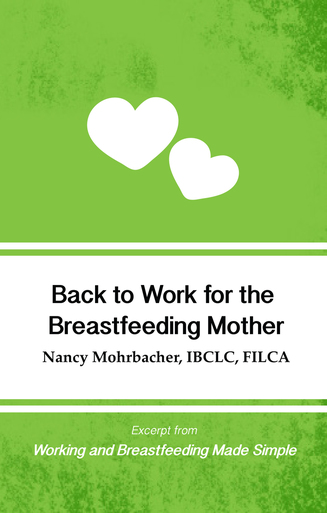
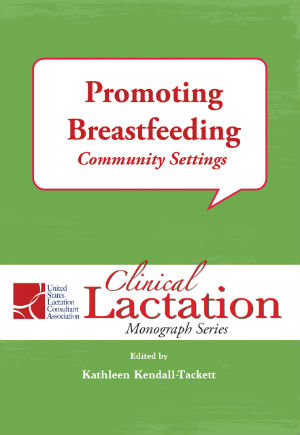
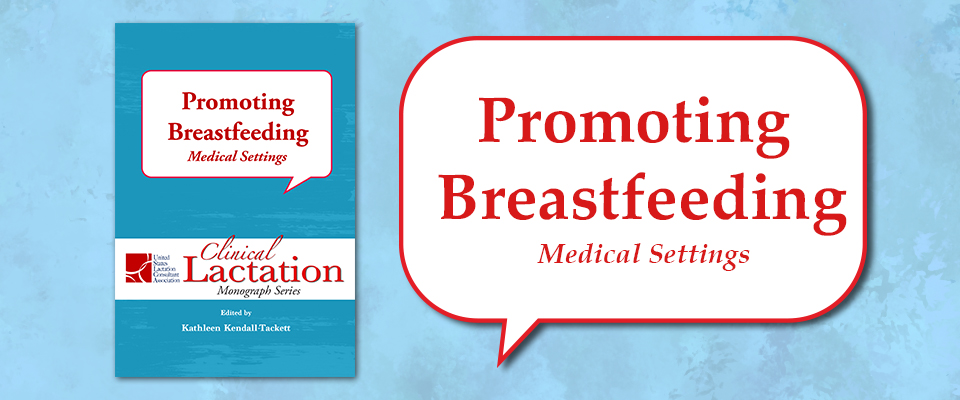


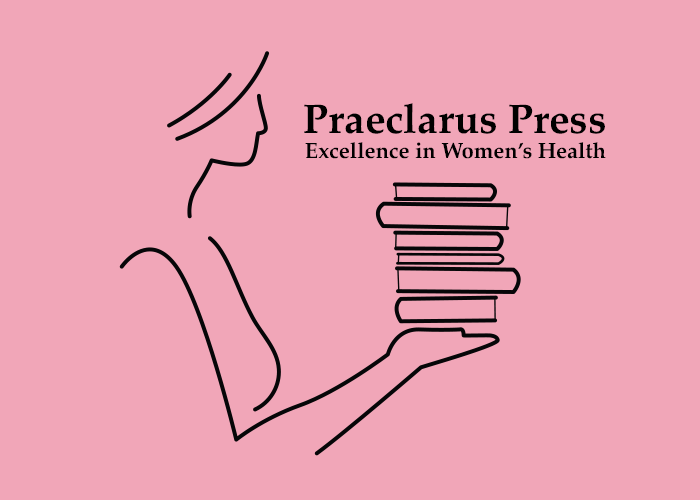



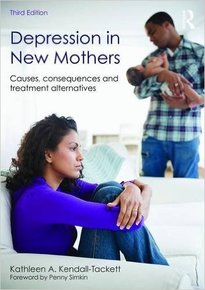


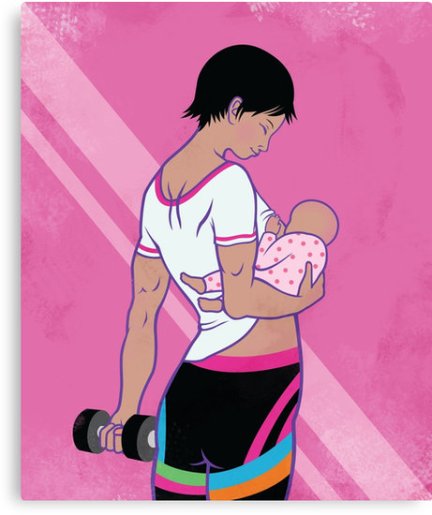






July 29, 2017 at 6:31 pm
Thank you so much for opening this conversation. I am nearly 45 and know nothing about what to expect – my mother didn’t talk about it at all. A colleague at work has been open about her problems, including flooding and awful mood swings, but otherwise it still seems quite taboo to talk about it. Here’s to more open discussion and more sharing of knowledge and research!
LikeLike
July 29, 2017 at 8:03 pm
I’m just celebrating a year without! It seems I am one of the lucky ones with few symptoms, but then I generally had a terrible time with periods, so deserve a break!? Sage has worked for me against hot flushes. You have to give it time to get into your system. Interesting that fatigue is listed as a symptom, when I went to the dr about being excessively tired s/he (can’t remember which) didn’t think it was a menopausal symptom.
LikeLike
September 12, 2017 at 6:10 am
Acupuncture works for me. It takes away the mood swings hot flashes and night sweats. My moods are more even. I highly recommend giving it a try.
LikeLike
February 22, 2023 at 8:54 am
A good read on the subject and I’m very much looking forward to the publication of ‘Hags’ due in the next few weeks: https://thecritic.co.uk/How-should-we-talk-about-menopause/
LikeLike